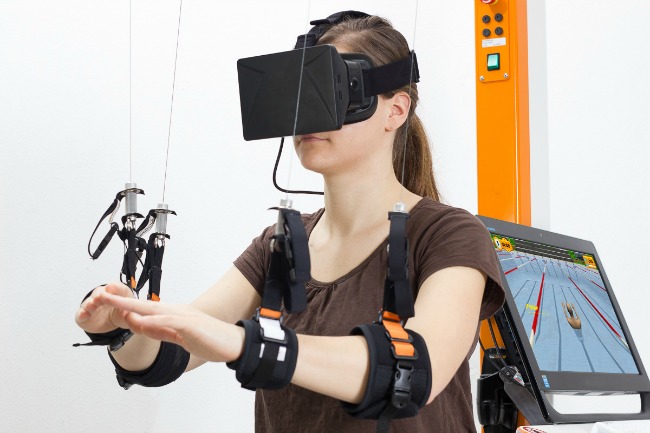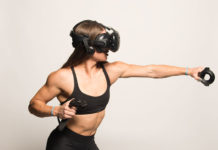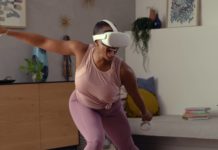By now, most people understand the very core basics of virtual reality. Some even understand how this technology improves learning processes, helps people conquer their fears and assists surgeons with medical procedures. What many users and active watchers of the new tech aren’t fully aware of is that VR has the potential to make the average person a better citizen. That’s right! VR really can help human beings be more empathetic and better-behaved. The result of that ‘better-built’ human is a person who will also be more receptive and active on their pursuit to be healthier and fitter in all aspects of their life.
VR for Improved Behavior and Understanding
The magic of virtual reality is that it provides risk-free simulated experiences that elicit real emotional responses. Researchers are hard at work trying to figure out the best way to use this power to improve the human condition as well as interpersonal relationships. Consider the recent study detailed in the Journal of Computer-Mediated Communications. The project was conducted at the University of Connecticut and the University of Georgia. The purpose of the study was to determine if virtual reality could help participants better empathize with the experiences of animals. The study’s findings suggest immersive digital spaces amplify participants’ connection with nature. This is an important finding as it shows that feeling empathy with the natural world has the potential to make humans better caretakers of their surrounding environment.
The study required people to model a cow by crawling along the ground on their hands and knees. They stooped to eat and drink. They were then prodded into a vehicle and brought to the slaughterhouse. The study’s next experiment reenacted the sensations involved with the death of coral in an acidifying ocean. This immersive experience was generated through vibrations along the floor and cracking noises corresponding to the breaking of coral branches. The experiments’ results show those who endured such a VR experience exhibited heightened empathy. Their empathy was much more intense than that of a control group that observed similar experiences on video rather than in a virtual reality realm.

The Immersive Nature of VR
The results of these studies are a testament to the immersive nature of virtual reality. It is one thing to attempt to imagine how it would feel to live as a cow and be sent off for slaughter. It is totally different to experience a simulation of a cow’s life up to the point of slaughter. The same contrast is true when observing coral death in an acidifying ocean versus experiencing it in a seemingly real VR experience with physical and auditory stimulation.
How VR can Boost Fitness and Health
With these findings in mind, it isn’t hard to imagine a future VR simulation in which one experiences the life of an obese individual. This simulation could provide sensory stimulation to experience the incredibly depressing existence of someone who has grown grotesquely fat due to poor diet and a lack of exercise. Such a virtual experience would undoubtedly inspire countless individuals to be more physically active and consume healthier foods. Many of these individuals will turn to VR fitness-oriented programs to get in shape and stay in shape.

It is even possible that future VR simulations will empower participants to experience various diseases and maladies associated with poor diet, a lack of exercise, sickness and generally bad health practices. Imagine a VR simulation of life with diabetes, high blood pressure, gout, sleep apnea or other health problems tied to obesity. It is likely that virtual reality technology will be realistic enough to motivate participants to change their ways after experiencing life as such an individual. After all, merely reading about the low quality of life these individuals endure is clearly not enough to change behaviors.
Experiencing such a depressing state of existence in virtual reality like the people in this study just might be enough to significantly alter human behavior for the better. If the results of this study are any indication on how the human condition will in fact react to VR in these types of empathetic situation, we can all expect a healthier population with improved physical fitness and better eating habits. This is exactly what our out of shape country needs to decrease those ever-increasing waist lines and the subsequent high costs of healthcare.





